
The Life of Lazarillo de Tormes(实拍书影,国内现货)
New York Review Books Classics
¥ 136 九五品
仅1件
作者W. S. Merwin (translator)
出版社NYRB Classics; Main
ISBN9781590171325
出版时间1984
印刷时间2004
装帧平装
尺寸20.3 × 12.7 cm
页数144页
货号d1
上书时间2018-12-21
- 在售商品 暂无
- 平均发货时间 13小时
- 好评率 暂无
- 最新上架
商品详情
- 品相描述:九五品
- 外表及边缘轻微磨损,新书未曾使用(见实拍书影)。
- 商品描述
-
Spain has produced two books that changed world literature: Don Quixote and Lazarillo de Tormes, the first picaresque novel ever written and the inspired precursor to works as various as Vanity Fair and Huckleberry Finn. Banned by the Spanish Inquisition after publication in 1554, Lazarillo was soon translated throughout Europe, where it was widely copied. The book is a favorite to this day for its vigorous colloquial style and the earthy realism with which it exposes human hypocrisy.
The bastard son of a prostitute, Lazarillo goes to work for a blind beggar, who beats and starves him, while teaching him some very useful dirty tricks. The boy then drifts in and out of the service of a succession of masters, each vividly sketched and together revealing the corrupt world of imperial Spain. Its miseries are made all the more apparent by the candor and surprising good cheer with which young Lazarillo recounts his ever more curious fate.
This version of Lazarillo, by the prizewinning poet and translator W.S. Merwin, brings out the wonderful vitality and humor of this universal masterwork.
The author of Lazarillo de Tormes is unknown.
Introduction by Juan Goytisolo.
Juan Goytisolo was born in Barcelona in 1931 and now lives in Marrakesh. He is the author of many novels, including Marks of Identity, Count Julian, Juan the Landless, and The Garden of Secrets, as well as two volumes of autobiography.
Translated by W.S. Merwin.
W.S. Merwin was born in New York City in 1927 and grew up in Union City, New Jersey, and in Scranton, Pennsylvania. From 1949 to 1951 he worked as a tutor in France, Portugal, and Majorca. He has since lived in many parts of the world, most recently on Maui in the Hawaiian Islands. He is the author of many books of poems, prose, and translations and has received both the Pulitzer and the Bollingen Prizes for poetry, among numerous other awards.
相关推荐
-

THE ORIGINS OF LIFE
八五品长春
¥ 35.00
-
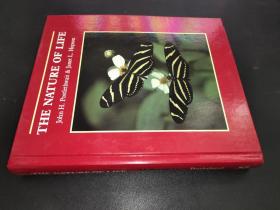
THE NATURE OF LIFE
九品北京
¥ 320.00
-
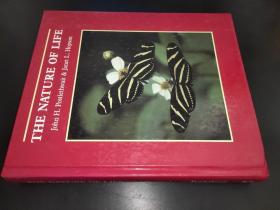
The nature of life
八五品北京
¥ 40.00
-

The nature of life
九品北京
¥ 50.00
-

The nature of life
九品北京
¥ 60.00
-

THE SCHOOL OF LIFE
九品北京
¥ 80.00
-

THE CIRCLE OF LIFE
九品北京
¥ 500.00
-

THE SEASONS OF LIFE
八五品北京
¥ 88.00
-

The Life of Tolstoy
七品杭州
¥ 399.00
-

THE BOOK OF LIFE
九品北京
¥ 50.00
— 没有更多了 —









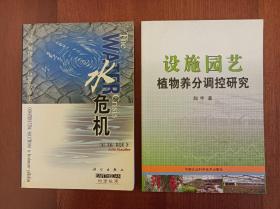
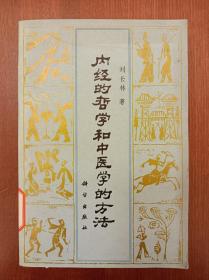
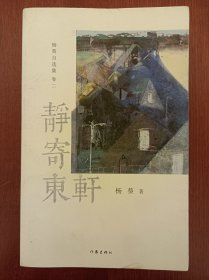

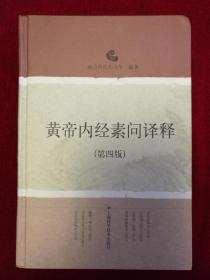
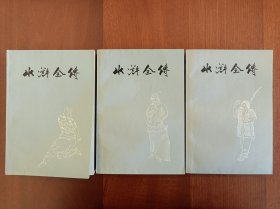




以下为对购买帮助不大的评价